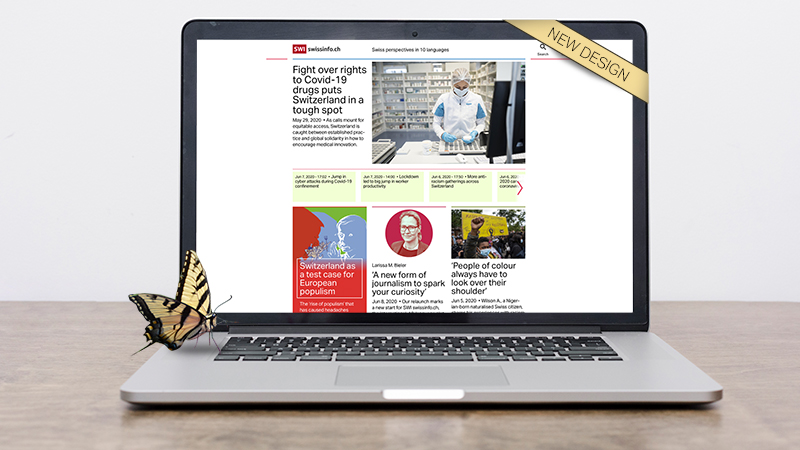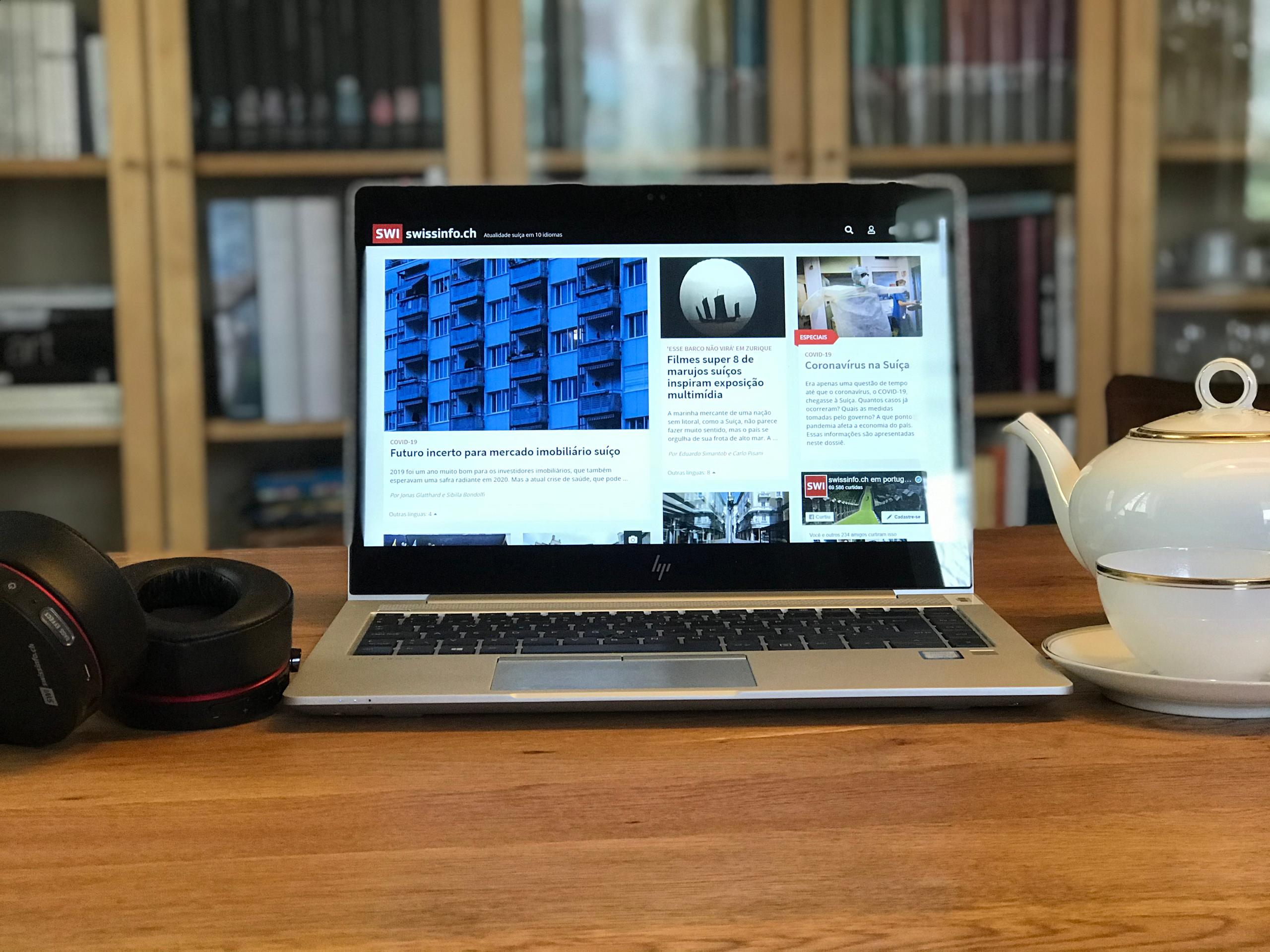Changes at SWI: We want to hear about your expertise and experiences

This is what we do to ensure that your contributions are not just footnotes to our articles.
Here is how we used to get your feedback: We publish an article. You write comments. We filter these comments and either approve or reject them based on our guidelines.
Unfortunately, hostile and discriminatory comments trickled through and the debate overall didn’t add much value, found readers. We bear responsibility for this because we have created a comment structure that doesn’t foster a constructive discussion. That is why we now want to change the way we interact with you.
In the future, we do not want to act as anonymous platform censors. Rather, we want to work towards constructive discussions with you via a few targeted changes to our workflows and our website. We want to offer you new spaces for conversations, in which you can be heard and read and to which you can contribute your expertise and experience.
The questions in blue
In the coming weeks, you will see our questions to you highlighted in blue. Our journalists, who specialise in a broad range of topics from fintech to climate change, ask you these questions because they want to learn from you and engage you in their reporting.

More
Newsletters
Through our reporting, we who research, write, film, edit and produce reports for SWI want to make Switzerland a little better while bringing it closer to you. Hearing from you means a lot to us because it shows that our work resonates. At the same time you can help us improve our work in this effort.
What is new?
We have studied the commentary functions of dozens of information portals, talked to their creators and looked for the best ways to ensure that future debates on SWI are more factual, value-driven and constructive in tone.
We find that an approach that has proven itself is limiting the levels of discussion. In this way, we allow direct responses to contributions while debates remain on topic.
Another change is the introduction of a “Like” button. This allows you to express consent for a post. You can also find the most popular posts with one click. You don’t have to “like” anything, of course, and you can still alert us if you find any content to be offensive or incorrect.

More
Coronavirus brings existential threat to Swiss press, despite more readers
We are also reintroducing the user registrations for contributions. This change brings us back into line with the standards of the Swiss Broadcasting Corporation, our parent company. It makes it easier for us to contact you directly and also allows you to follow your debates.
We play a more active role
As you can see, we have given a lot of thought to how we can be in closer contact with you on topics, and we are looking forward to seeing if these changes work. We will try to be as active as possible in the debates and hope that you will be as excited about the discussions as we are.
If you have any feedback or questions, please contact us here under the article. We will respond to your contributions as best we can.
If you are a Swiss abroad or interested in our daily Switzerland briefing, you will also find the debates on our SWI plus app. It is currently available in German and French, and we are expanding it to other languages soon.
There, and on the website, you will also have the chance to ask us – and other users – questions.
You can also write to us directly at community-feedback[at]swissinfo.ch.

In compliance with the JTI standards
More: SWI swissinfo.ch certified by the Journalism Trust Initiative













Join the conversation!